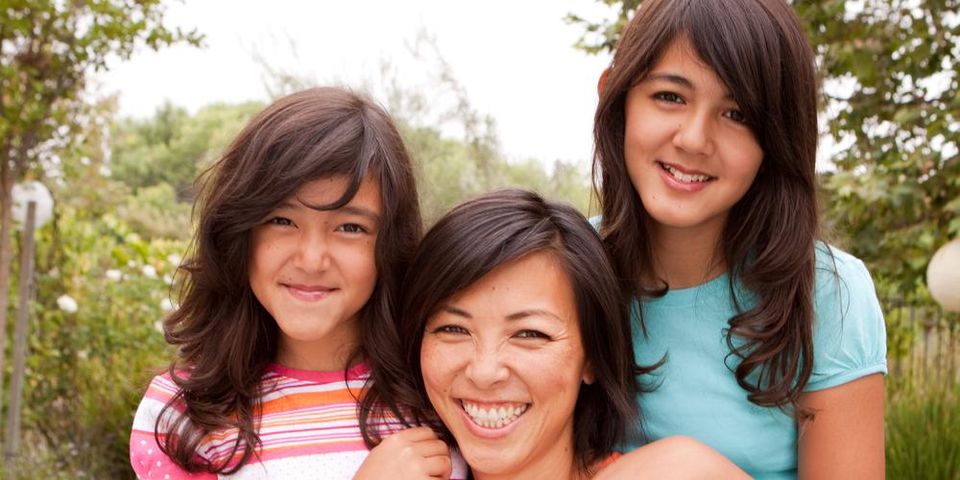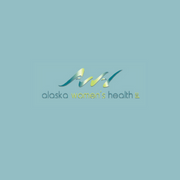OBGYN Experts Discuss How to Talk to Your Child About Menstruation

Did you know that some girls can start their period as early as eight years old? The OBGYN experts at Alaska Women’s Health PC recommend sitting down with your daughter before she starts her period so you can explain what menstruation is, what she can expect, and why it’s normal. Though periods can be an embarrassing subject for your child to talk about, it’s an important part of women’s health, and your daughter needs to understand the changes in her body.
Here they share some tips to start the conversation with your daughter about menstruation:
Explain What Menstruation Is
 If you’re not sure how to start the conversation, begin with the facts. Menstruation occurs when the body can become pregnant. One of her ovaries will release an egg every four to six weeks through a process called ovulation. If the egg is not fertilized during ovulation, the egg will pass through the uterus along with the uterine lining. If you’re unsure of how to explain this process, that’s okay—an OBGYN can relay the information.
If you’re not sure how to start the conversation, begin with the facts. Menstruation occurs when the body can become pregnant. One of her ovaries will release an egg every four to six weeks through a process called ovulation. If the egg is not fertilized during ovulation, the egg will pass through the uterus along with the uterine lining. If you’re unsure of how to explain this process, that’s okay—an OBGYN can relay the information.
You can also time your conversation to coincide with your daughter’s health lessons and sex education in school. This is a good opportunity to pivot your conversation toward birth control and reproductive hygiene. Even though these topics are tough or awkward to discuss, your daughter needs to know she can safely ask you any questions.
Discuss What to Expect
Ask your daughter what she knows about puberty, and clear up any misconceptions she may have gathered from conversations with her friends. If she has questions, answer them honestly, and take time to explain what she should do when she gets her period.
Most girls are more comfortable using pads when they first start their periods, but it’s also healthy to use tampons, too. What matters most is that she knows to change her pad or tampon every four to eight hours to avoid infections. She might be nervous about the symptoms associated with periods, like pain and bloating. A warm bath, heating pad, over-the-counter medication, and light exercise will ease her discomfort during this time.
Whatever way you approach the topic, remember that reproductive care is an important part of your daughter’s overall health. Talk to an OBGYN at Alaska Women's Health PC; their professionals are available to answer any questions about reproductive care, prenatal services, and birth control. Call today at (907) 563-7228 or visit their website.
About the Business
Have a question? Ask the experts!
Send your question

